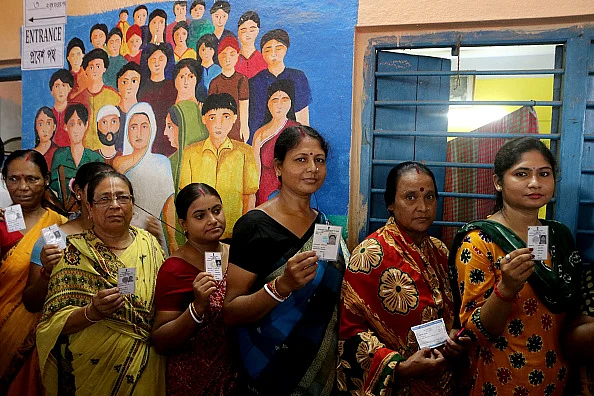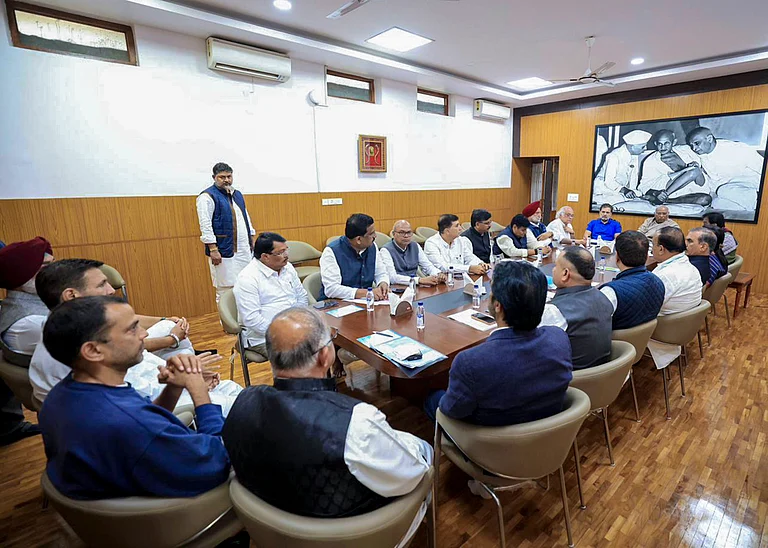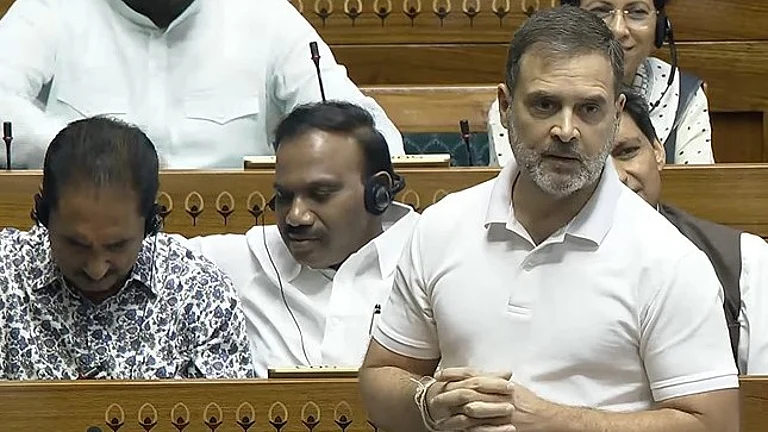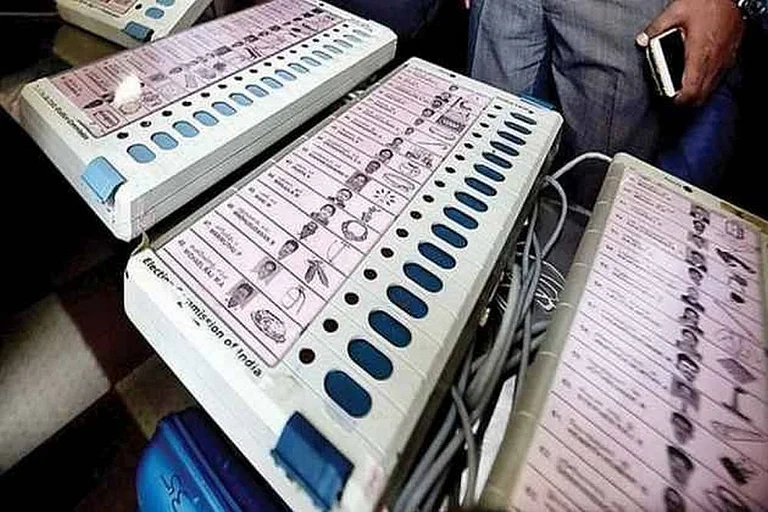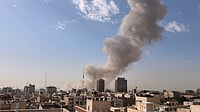The nation is just weeks away from going into its longest polling season since the first general elections, as the Election Commission of India (ECI) unveiled the schedule on Saturday.
In addition to the general elections, which will be conducted in seven phases, the ECI also announced the schedule for simultaneous state elections in four states - Andhra Pradesh, Arunachal Pradesh, Odisha, and Sikkim. 26 assembly seats bypolls will also be held during this period.
The schedule announcement came two days after the High Level Committee headed by former President Ram Nath Kovind submitted its report on One Nation, One Election, advocating for holding elections at all levels at the same time.
What are simultaneous elections 2024?
Simultaneous elections refer to the idea of conducting elections for the Lok Sabha, all state Legislative Assemblies, and local bodies simultaneously. Initially, during the first few general election cycles Lok Sabha and state legislative assembly elections were synchronised. However, due to various instances of premature dissolution of the Lok Sabha, state assembly and due to formation of new states, elections are now held at different times.
In 2019, the same four states - Andhra Pradesh, Arunachal Pradesh, Odisha, and Sikkim - went to the polls alongside the Lok Sabha elections.
The idea behind holding simultaneous elections is mainly to end frequent election cycles.
Why is there a push for it?
The ruling party has on multiple occasions advocated for simultaneous elections to be held across the country arguing that it would make the election process more logistically efficient and result in financial savings.
They argue that holding all elections simultaneously would reduce costs related to deploying poll officials and security personnel multiple times and would streamline the administration process since all electoral activities would be consolidated into a single event in five years.
Furthermore, the current practice of frequent state elections is seen as a hindrance to effective governance and policy-making. With about 5-6 states having elections every year, political parties are in continuous campaign mode. Additionally, the Model Code of Conduct, enforced during election periods, further restricts the ability of the government to announce new schemes or projects.
What do the critics say?
Critics have argued that simultaneous elections raise significant concerns from democratic and constitutional standpoints. Combining Lok Sabha and state assembly elections could shift focus from regional to national issues, giving national parties an advantage over regional ones and in the process undermining the federal structure of India.
Critics also argue that holding elections once every five years could reduce political accountability, allowing parties to prioritise vested interests over public welfare.
Implementing simultaneous elections would require amending five articles in the Constitution and the Representation of the People Act (1951), as well as securing agreement from all recognised state and national parties. The logistical challenges of coordinating elections across India's diverse states and union territories would also be immense, requiring careful planning and resources.
What are the report's main recommendations?
The Kovind panel submitted a comprehensive 18,000-page report to President Droupadi Murmu on March 14. The committee's key recommendations included amending the Constitution to allow for simultaneous elections with most amendments not requiring ratification by the states.
The panel suggested amending Article 83 and Article 172 which deal with the duration of houses of Parliament and State Assemblies.
It also proposed amending the Constitution to allow the Election Commission of India to prepare a single electoral roll and ID card for all elections, in consultation with State Election Commissions.
Additionally, the committee recommended that in case of a hung House or other events fresh elections would need to be conducted and the new Lok Sabha or state Assembly would only serve the remaining term of the previous House.






